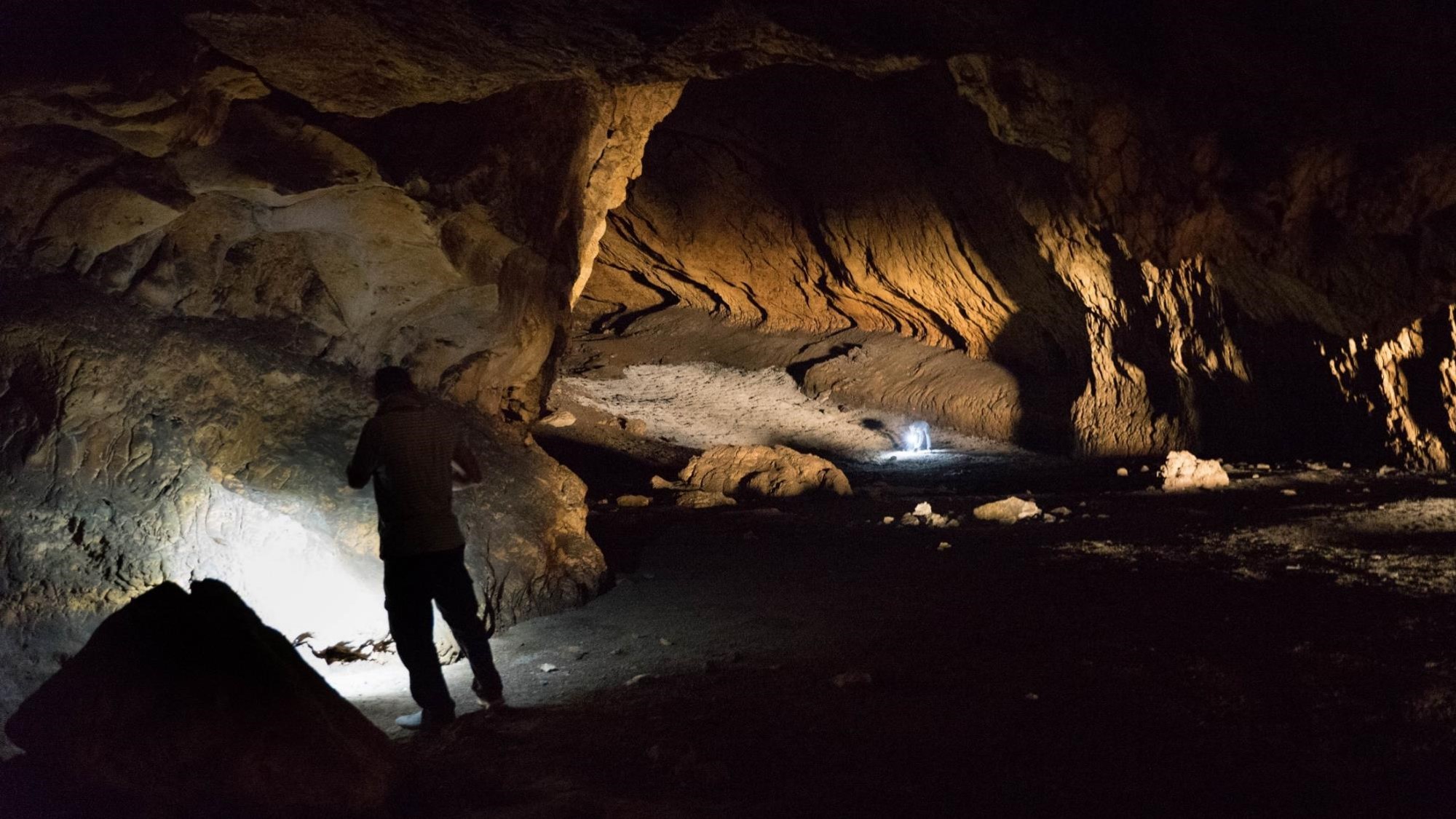One of the biggest moments in human history took place 60,000 to 70,000 years ago when a portion of Homo sapiens left Africa. Despite this epoch’s huge significance, we know surprisingly little about people’s whereabouts from 70,000 to 45,000 years ago when they first set foot into the wider world.
Thanks to a combination of genetic, palaeoecological, and archaeological evidence, scientists have uncovered that the Persian Plateau served as a vital hub for Homo sapiens during the early stages of their migration out of Africa, according to a 2024 study published in the journal Nature Communications.
The region likely provided a “home away from home” for around 20,000 years, allowing a significant population of Homo sapiens to build up and thrive before they dispersed across Eurasia and beyond.
This means that the ancestors of all present-day non-Africans lived in the Persian Plateau for around 20,000 years after the migration out of Africa. In other words, if you have any genetic heritage from Europe, Asia, the Americas, or Oceania, some of your ancestors likely spent a significant portion of their time in this area.
To reach these findings, the team looked at genetic evidence from prehistoric and modern human populations and found that people around the Persian Plateau have close ancestral ties to the population that first settled outside Africa. The researchers also ran a palaeoecological model that showed the region was much more hospitable than other potential hubs following the Out of Africa expansion.

Pebdeh Cave, located in the southern Zagros Mountains, was occupied by hunter-gatherers as early as 42,000 years ago.
Image Credit: Mohammad Javad Shoaee
The Persian Plateau is a vast elevated region located in southwest Asia, found eastwards of the Zagros Mountains across modern-day Iran, as well as Afghanistan and Pakistan. Surrounded by the Caspian Sea, the Persian Gulf, and the Mediterranean, the area provided the ideal habitat to start fostering larger populations. Simultaneously, its location was perfect for serving as a “launch pad” for the numerous waves of people settling across Eurasia.
“The discovery elucidates a 20,000-year-long portion of the history of Homo sapiens outside of Africa, a timeframe during which we interacted with Neanderthal populations, and sheds light on the relationships between various Eurasian populations, providing crucial clues for understanding the demographic history of our species across Europe, East Asia, and Oceania,” first study author Leonardo Vallini, of the University of Padova in Italy, said in a statement.
“Interaction” with Neanderthals is one way to put it. In 2024, another team of scientists established that the Zagros Mountains to the west of the Persian Plateau was a location where Homo sapiens and Neanderthals prolifically interbred with each other around 47,000 years ago.
While recent archeological finds have started to hint that the Persian Plateau was once a crucial hub for gallivanting Homo sapiens in their early forays outside of Africa, this latest research suggests that many more fossils and artifacts are likely to be hidden here, ripe for discovery.
“Our multidisciplinary study provides a more coherent view of the ancient past, offering insights into the critical period between the Out of Africa expansion and the differentiation of Eurasian populations,” said study co-author Professor Michael Petraglia.
“The Persian plateau emerges as a key region, underlining the need for further archaeological explorations.”
An earlier version of this article was first published in March 2024.
Source Link: Scientists Have Found One Of Homo Sapiens' First Homelands Outside Of Africa